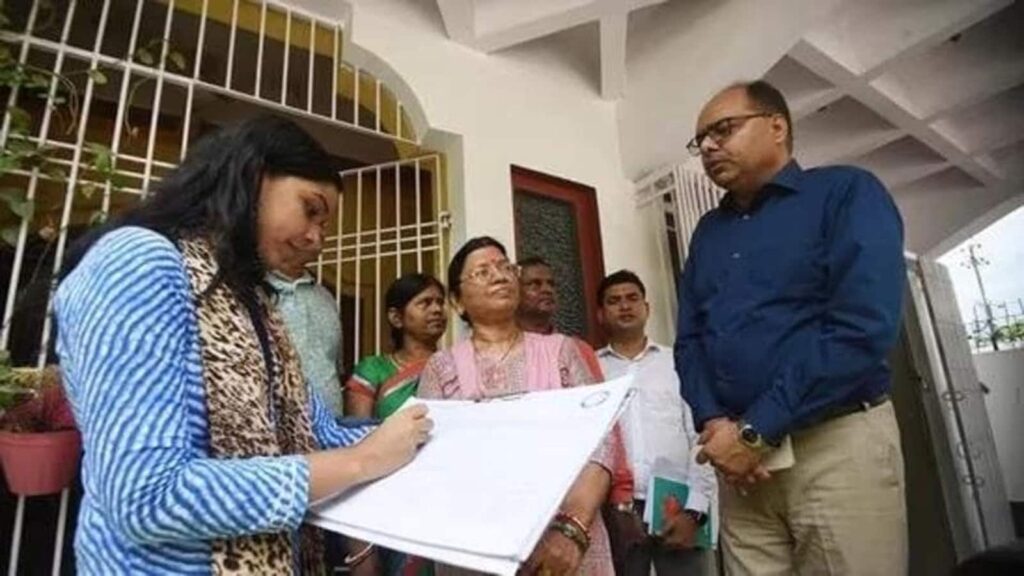Rajasthan chief minister Ashok Gehlot’s announcement that his government will undertake a caste survey is certain to influence the political discourse in the state. Assembly elections are due in Rajasthan, Madhya Pradesh and Chhattisgarh, besides Telangana and Mizoram. The issue of caste census, a major campaign promise of the Congress, is set to influence the narrative in the three Hindi heartland states. Gehlot has projected the caste survey as a data collection exercise to enable the targeted delivery of his government’s welfare schemes. The unsaid agenda in the announcement is the enumeration of the other backward classes (OBCs), which will flag the demand for a proportional share in reservations in education and employment and foreground OBC empowerment as a political agenda. The Congress has declared its support for the caste census, whereas the BJP seems to be hedging its bets.
The genie was out the day the Bihar government released its caste survey results, which found that the OBCs constitute 63% of the state population. There is pressure on every government to undertake a similar exercise: A section of the Congress party in Karnataka has demanded that the Siddaramaiah government release the findings of a 2015 socio-economic report. Governments and parties are cagey because such surveys may pose uncomfortable questions regarding the domination of certain castes in the bureaucracy, academia, judiciary and even legislatures.
The matter has to be settled without bothering much about its political fallout. Accurate socio-economic data can help improve governance: Policymakers can devise and implement welfare schemes as per the real picture rather than lean on generalised assumptions. As for proportional representation, it is a complex political question that has to be negotiated through discussions with all stakeholders and after considering multiple social and economic indicators.
 Subscribe today by clicking the link and stay updated with the latest news!” Click here!
Subscribe today by clicking the link and stay updated with the latest news!” Click here!Continue reading with HT Premium Subscription
Daily E Paper I Premium Articles I Brunch E Magazine I Daily Infographics


